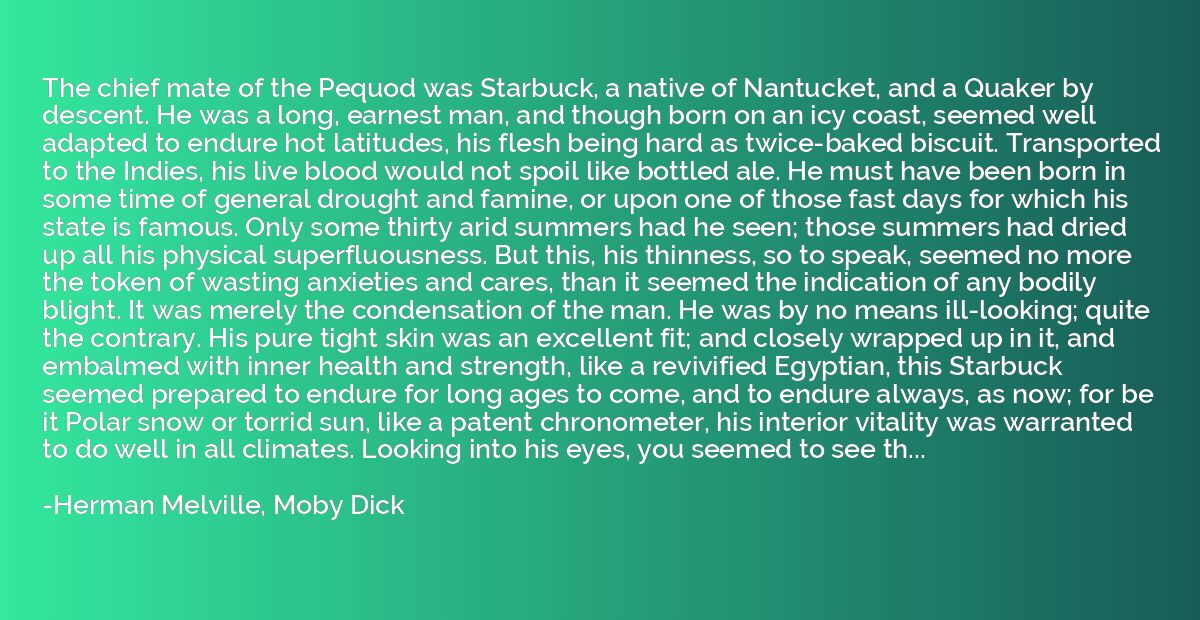Quote by John Green
The pleasure of remembering had been taken from me, because there was no longer anyone to remember with. It felt like losing your co-rememberer meant losing the memory itself, as if the things we'd done were less real and important than they had been hours before.

Summary
This quote highlights the connection between memory and shared experiences. It suggests that without someone to reminisce with, the pleasure derived from remembering past events diminishes. The absence of a co-rememberer feels like a loss not only of the person but also of the memories themselves, as if the significance of the shared experiences fades over time. It conveys the idea that remembering is not merely an individual act but a communal one, reinforcing the importance of shared connections in the formation and preservation of memories.
By John Green














